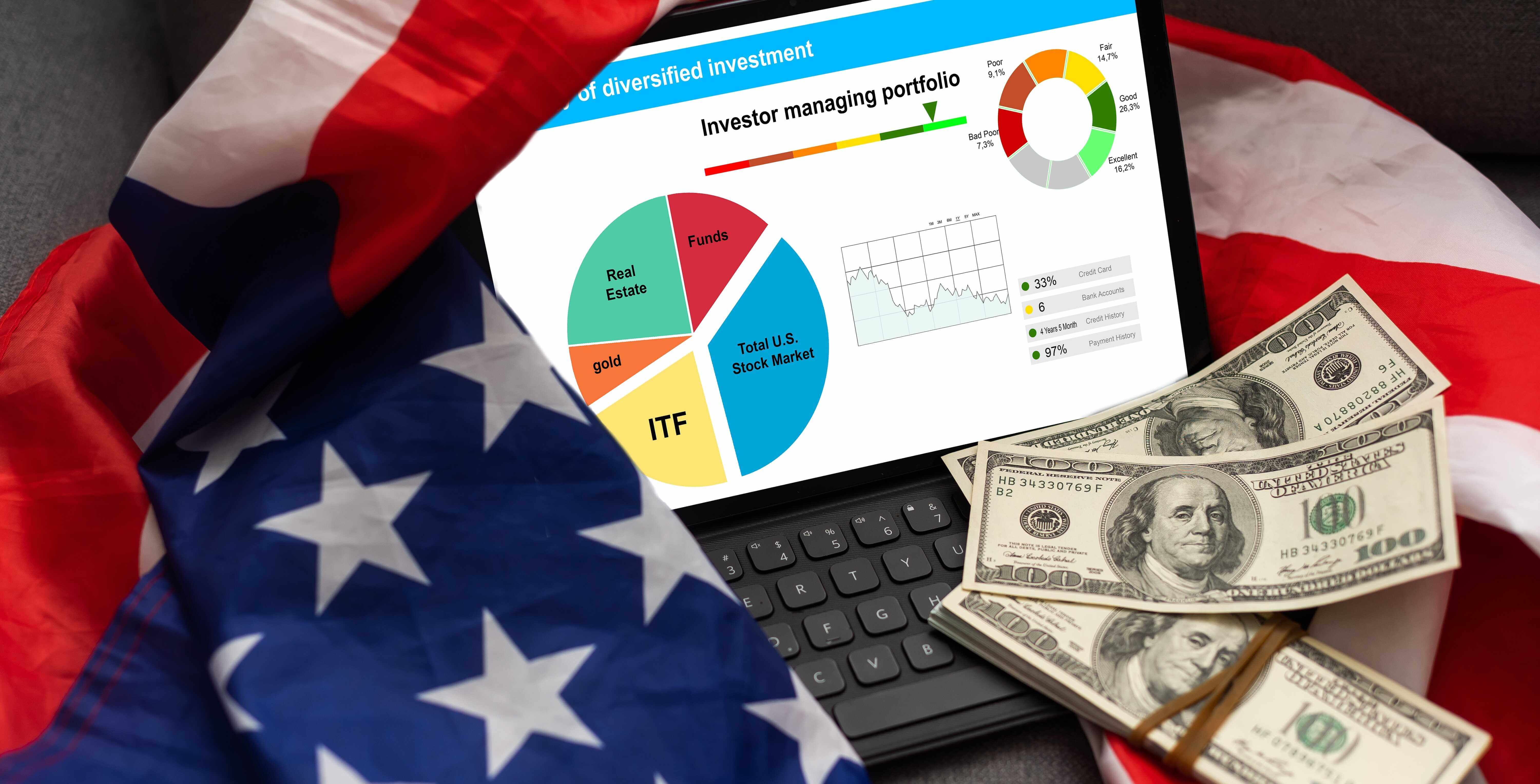Six In 10 People Think They Need To Save 30 Annual Salaries For Retirement

Most people expect to retire and are aware of retirement even before they start work. But that doesn’t mean they understand how planning for this major life milestone works.
A new survey shows just how far removed perception can be from reality, with 56 percent of employees polled thinking they need to have saved 30 times their annual salary if they want to retire at 65 – how would that even work?
The research from Principal Financial Group also found that 54 percent of respondents think they can comfortably withdraw 10 percent of their retirement savings every year without outliving their savings.
You would think even some grade school math would make them reconsider their beliefs, but for now it means a significant share of Americans think they need to save three times more than may be sufficient and think they can withdraw roughly 2.5 times more each year than would be a typical maximum.
Among the more positive aspects of the survey are that 88 percent of those that took part in the survey said they are saving for their retirement in some way with 89% using employer retirement plans. Six in ten said they are committing at least 9 percent of their annual income to retirement savings.
However, around one third are not sure they are saving enough and a similar share are uncertain about maintaining their standard of living once they retire.
“Retirement savers were resilient in 2024, socking away money at a robust rate despite inflation and interest rate pressures,” said Chris Littlefield, president of Retirement and Income Solutions at Principal. “However, the same Americans who are showing strong savings behaviors and momentum also lack confidence in their retirement readiness.
Most respondents know they need help with retirement planning with the majority happy to get advice from a financial professional (72 percent) or their employer (62 percent). Eight out of 10 said getting advice from a financial professional gave them more confidence that they have made the right decisions.
“People are seeking more comprehensive help and advice as they plan for retirement, which is increasing the importance of taking a holistic view of their needs in retirement beyond just the amount they need to save,” Littlefield said.


